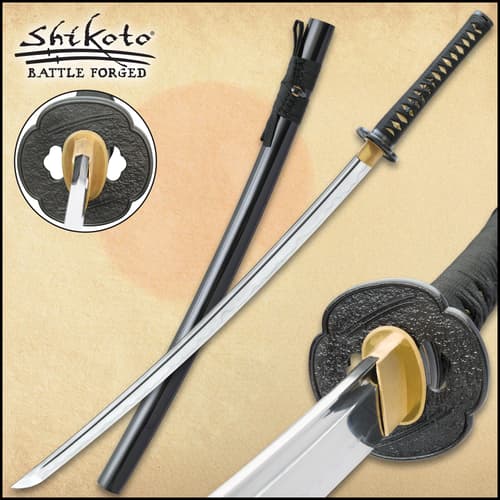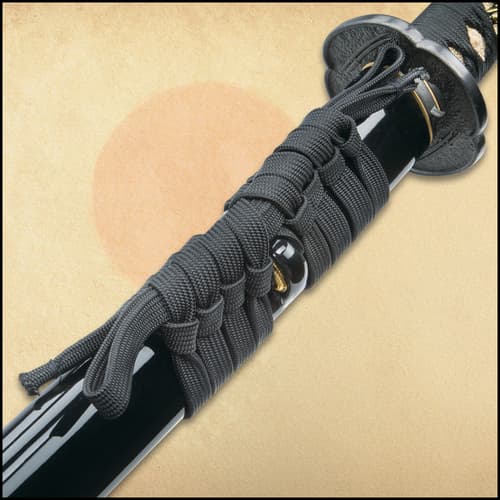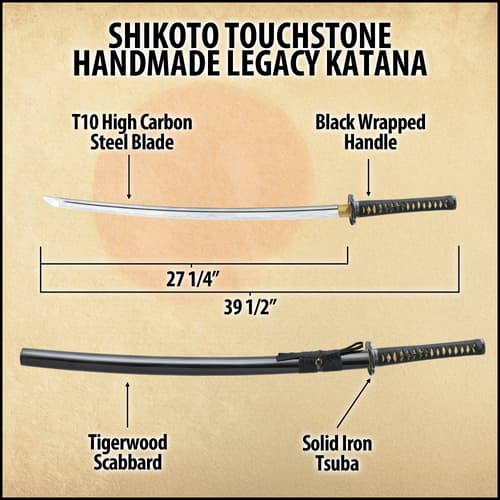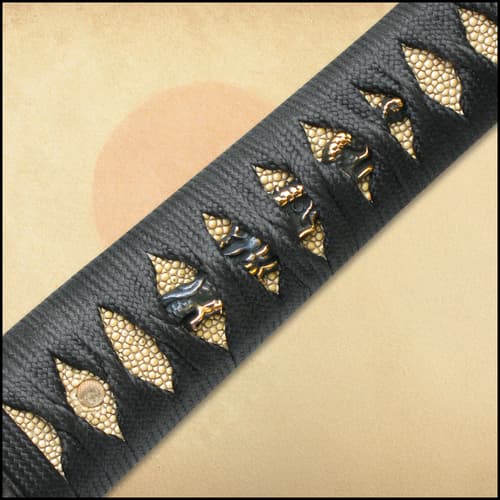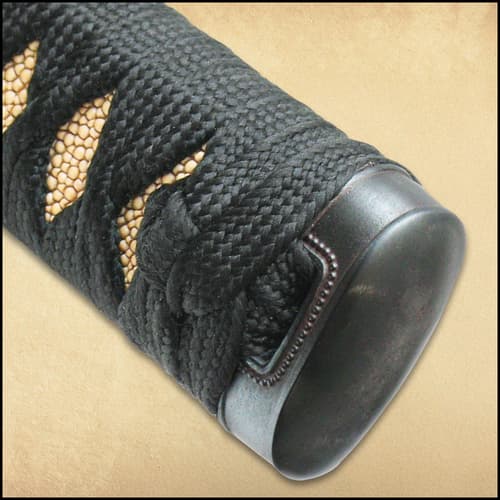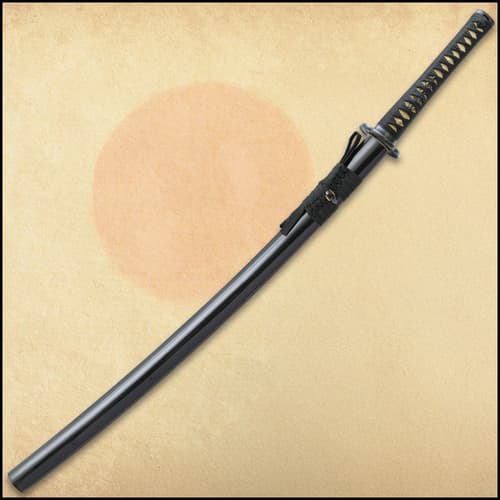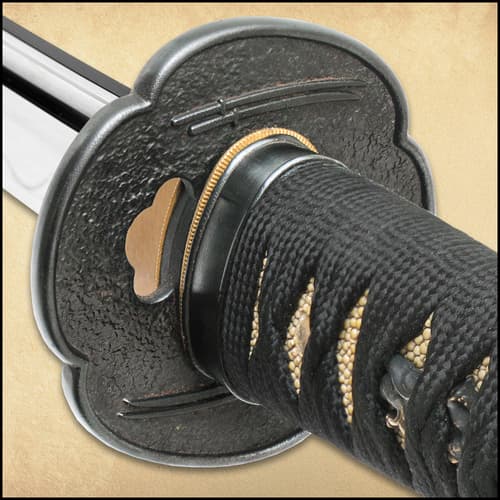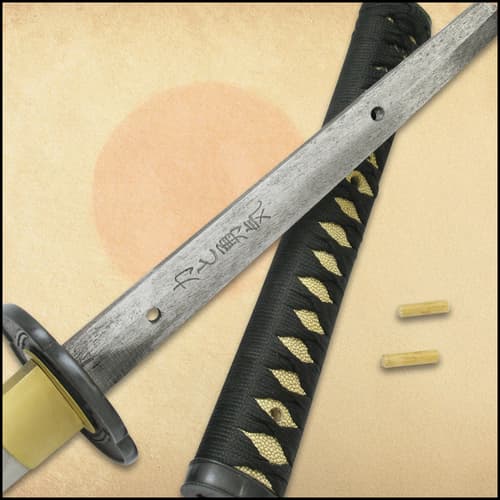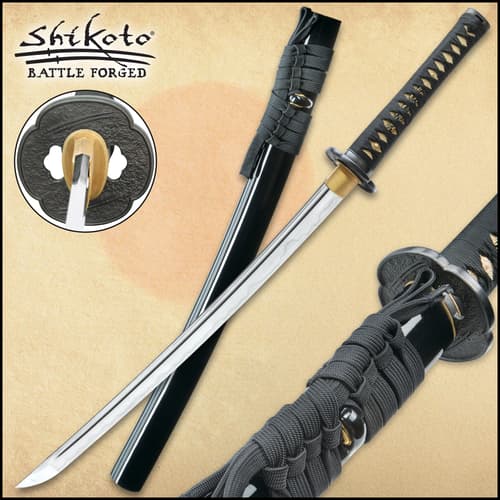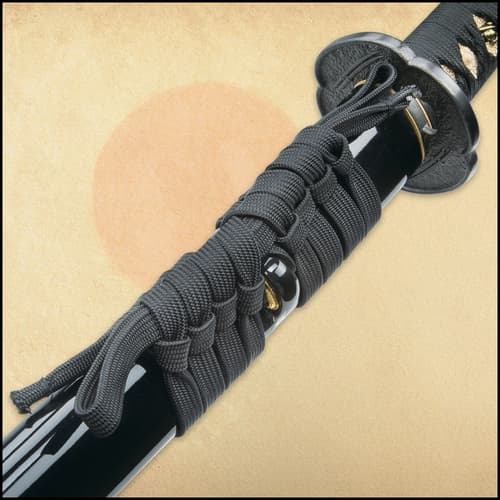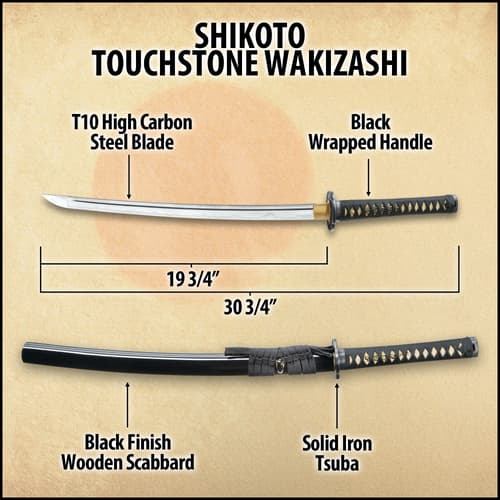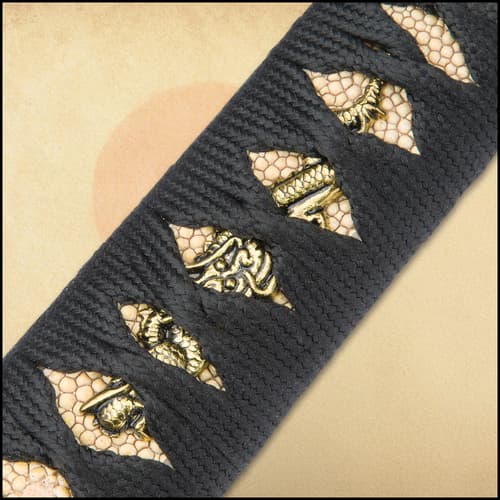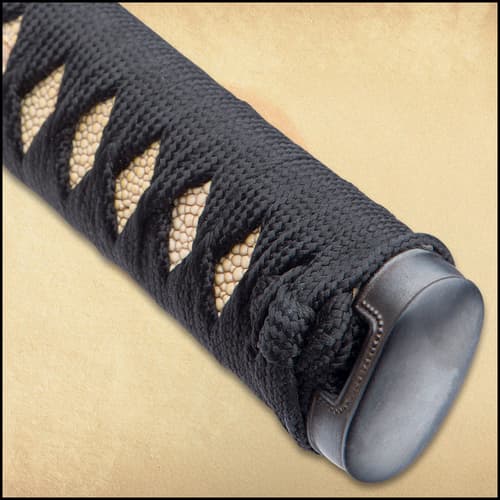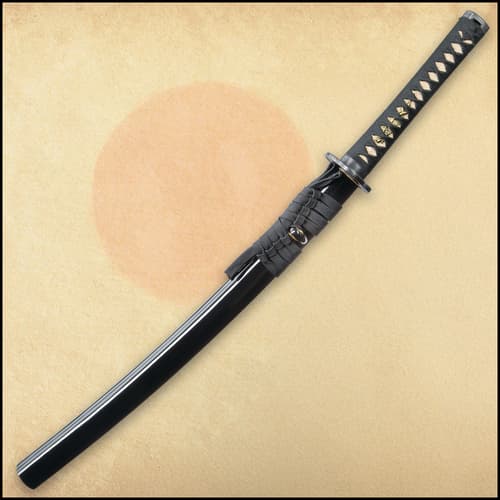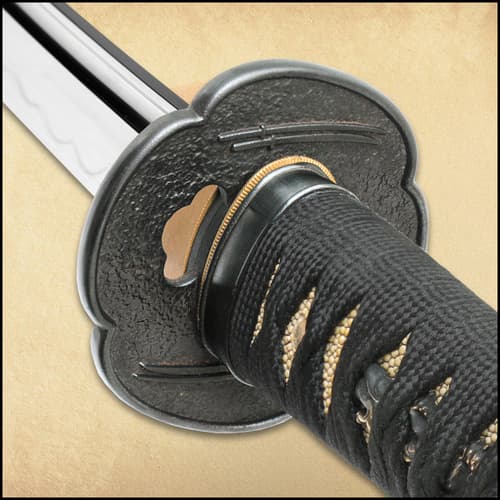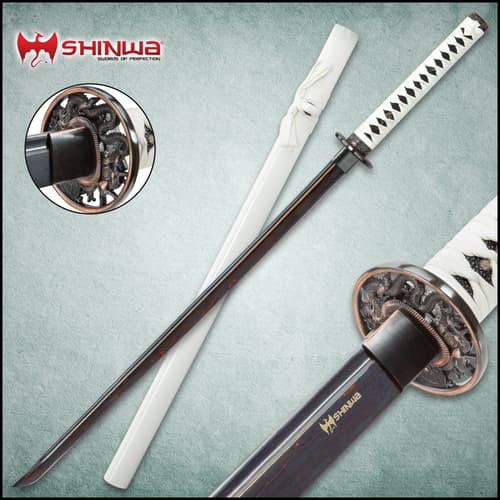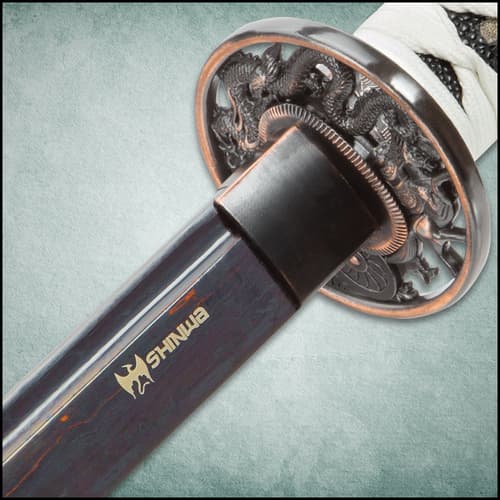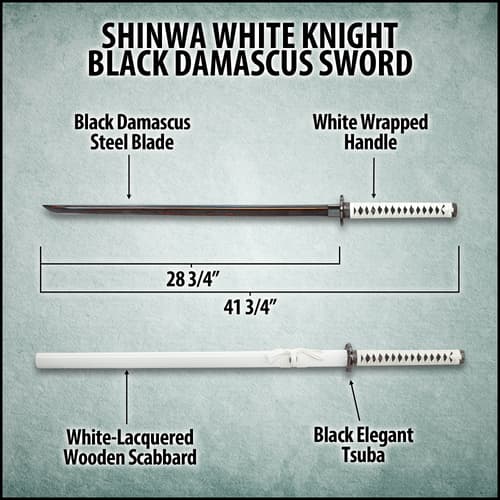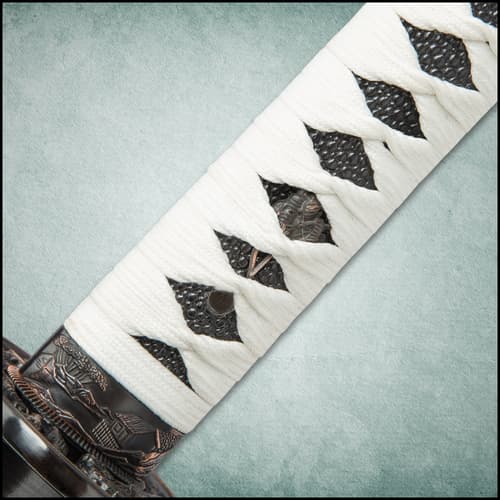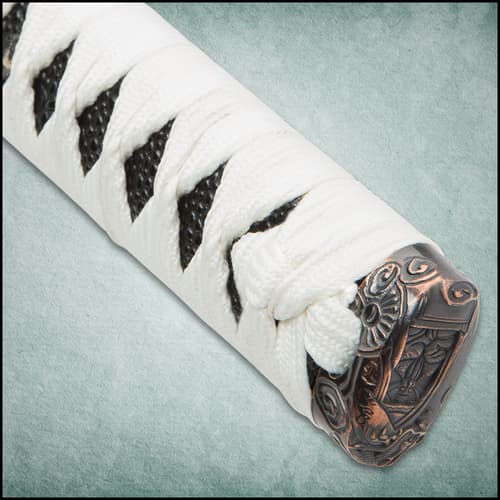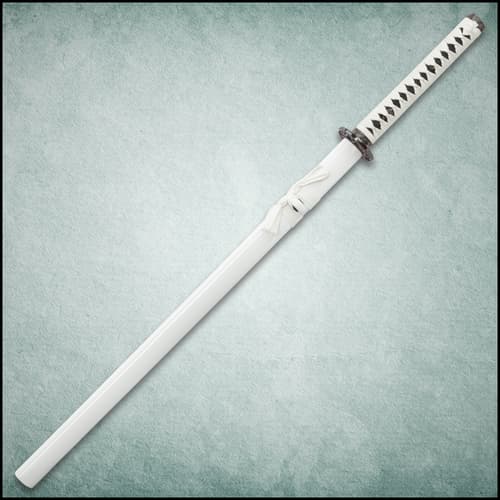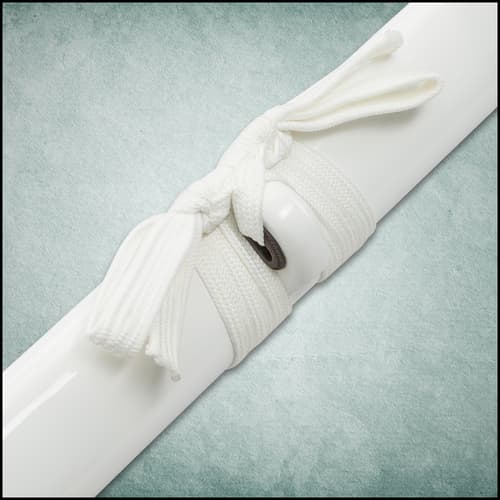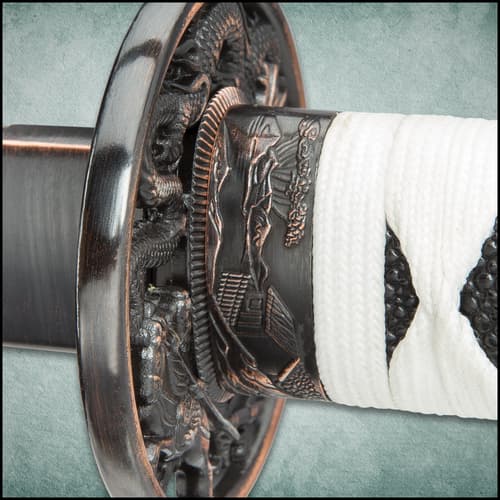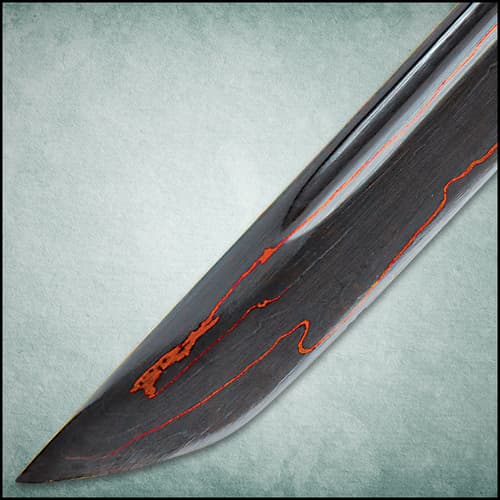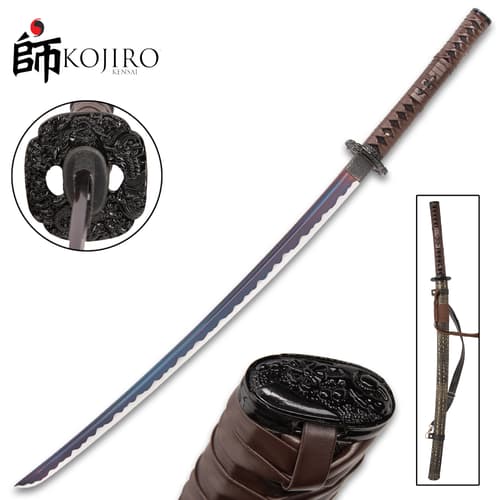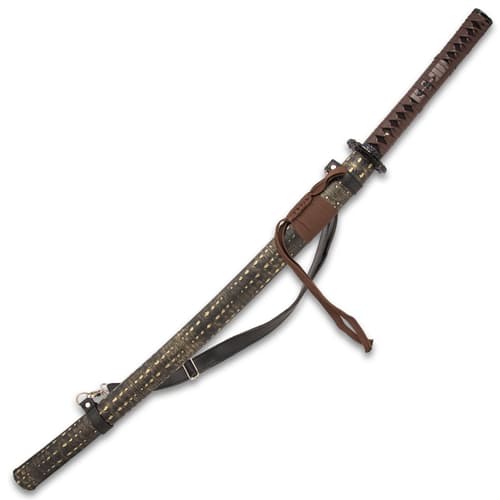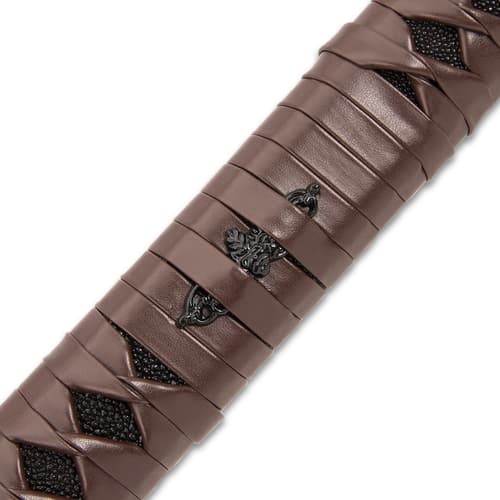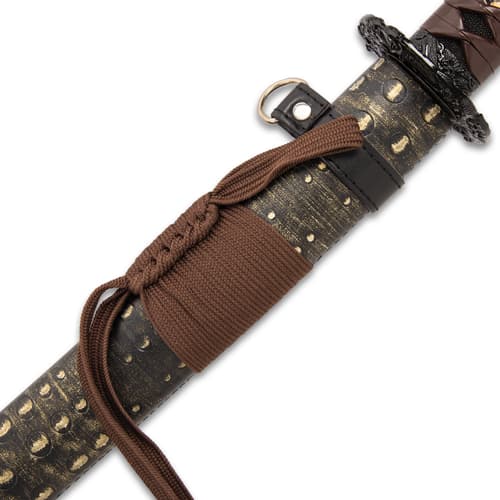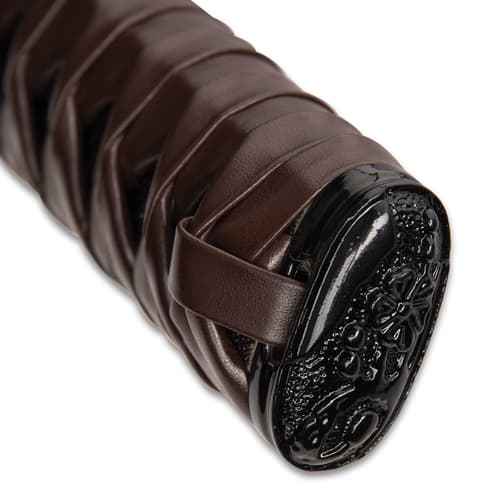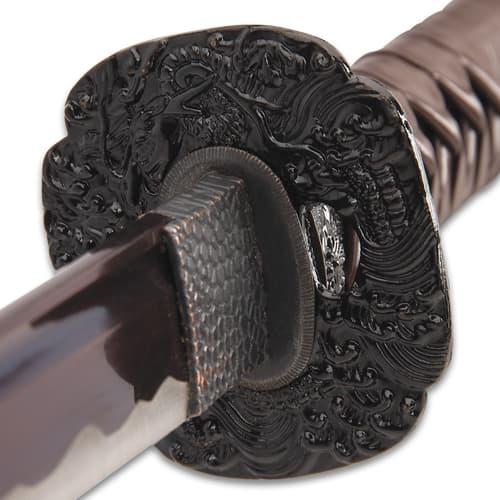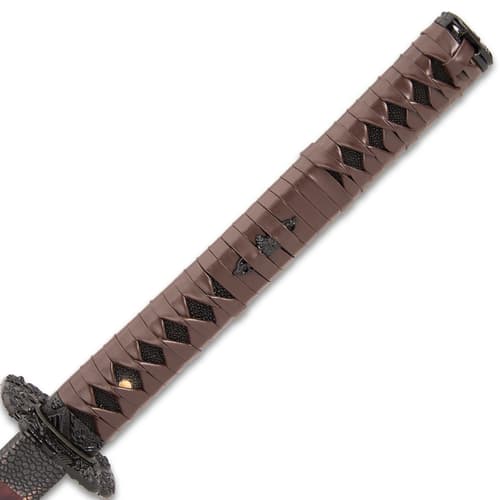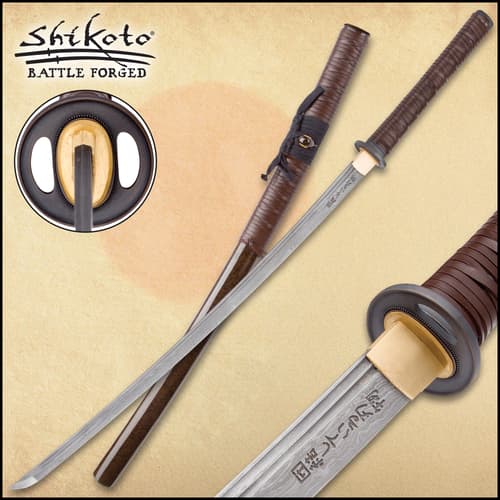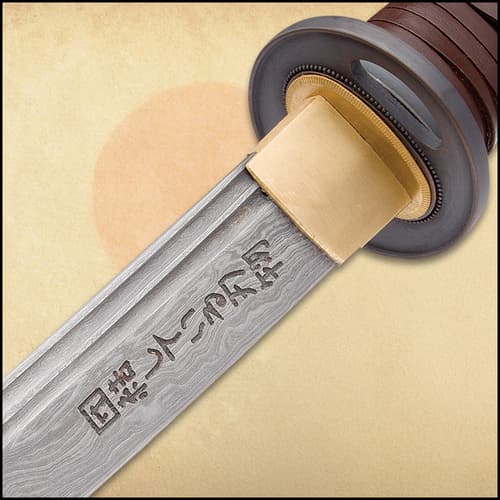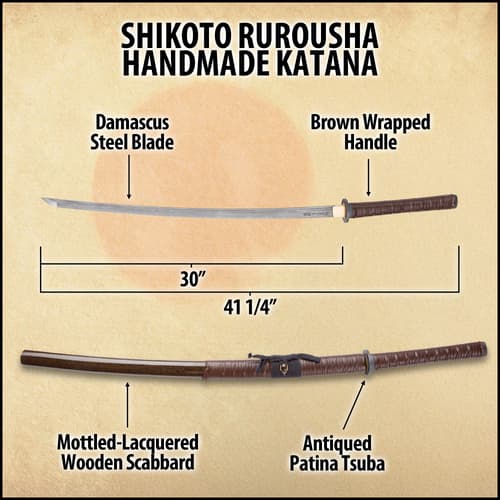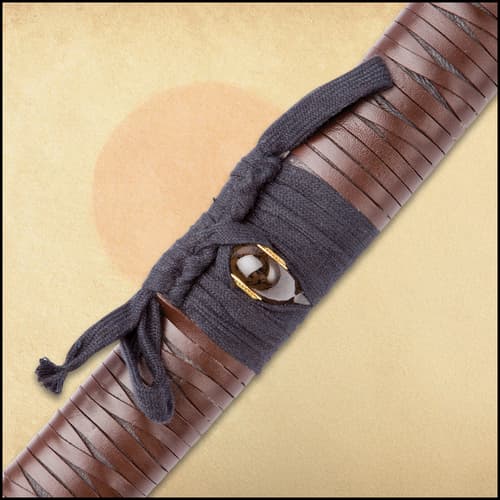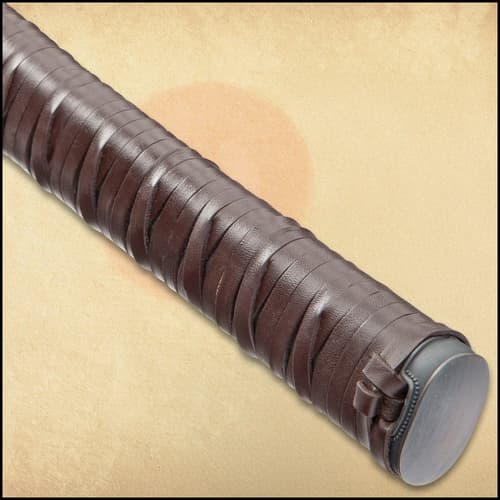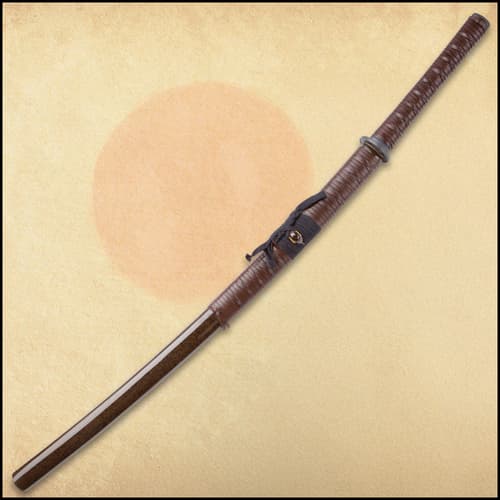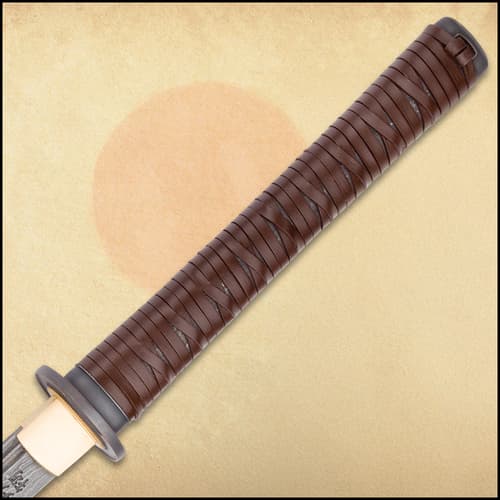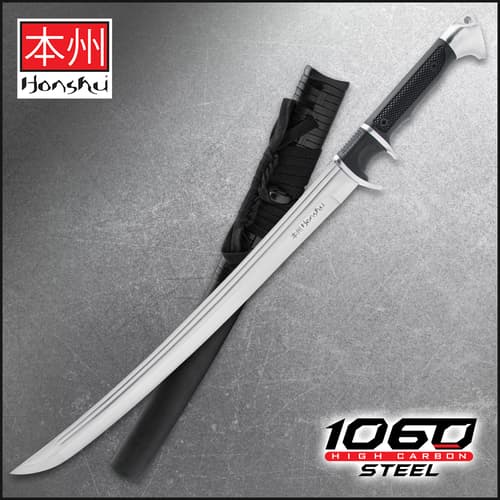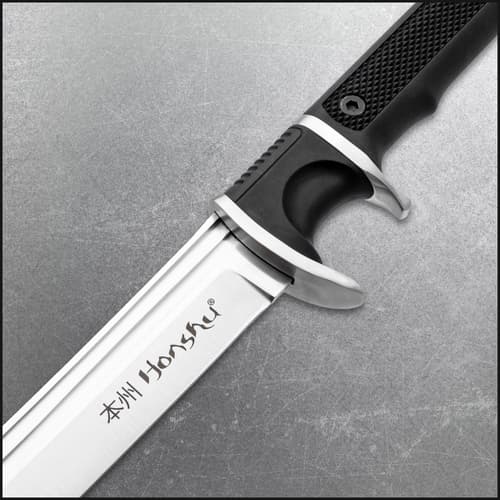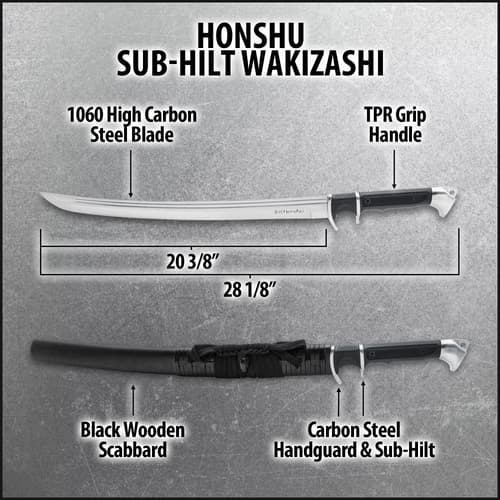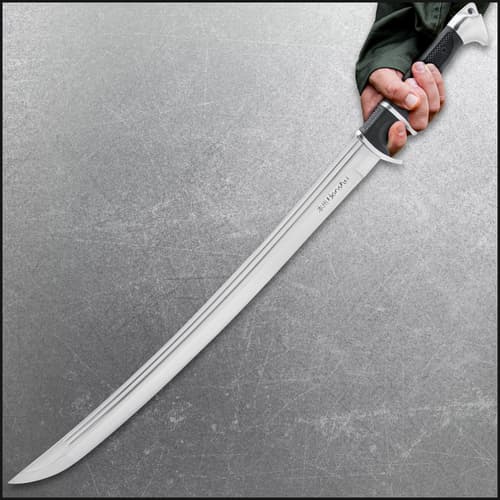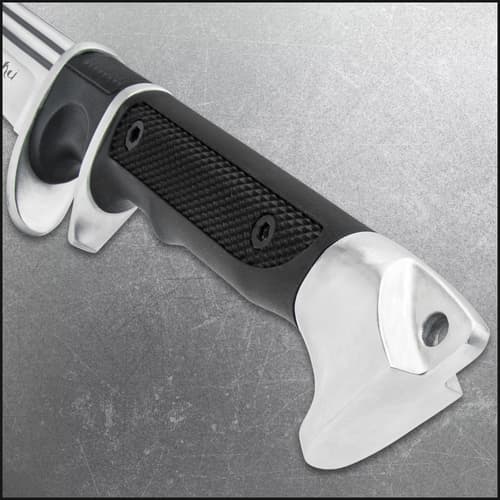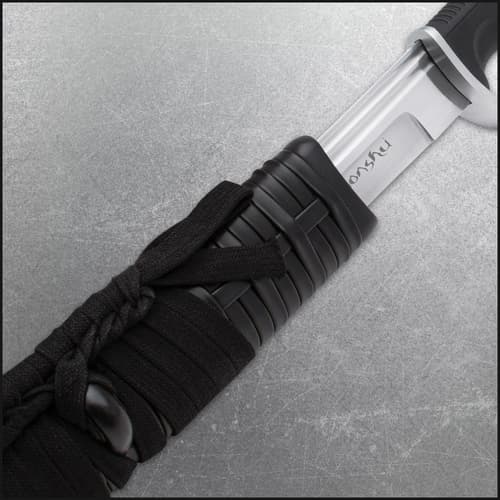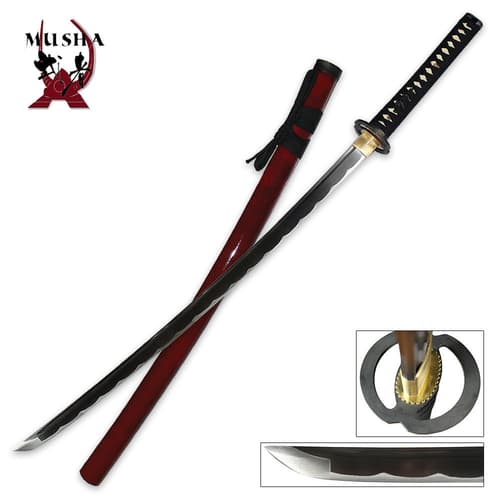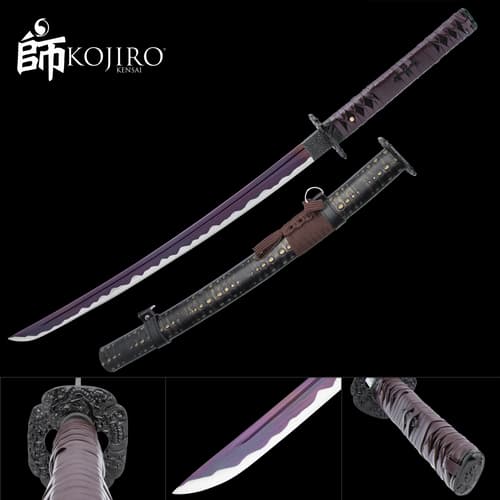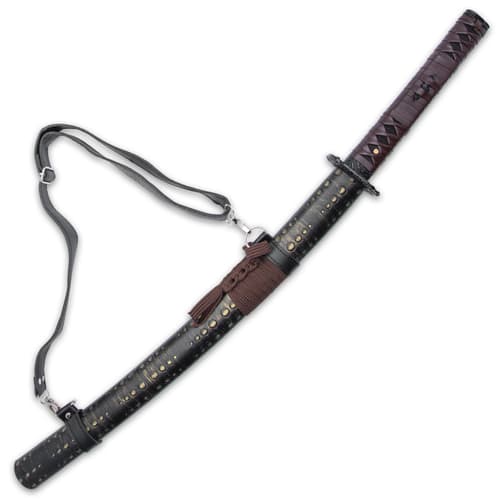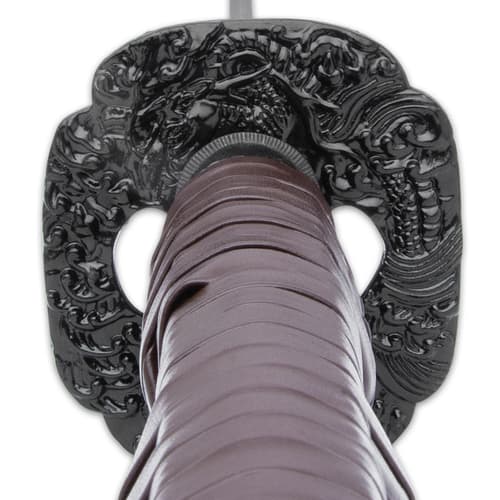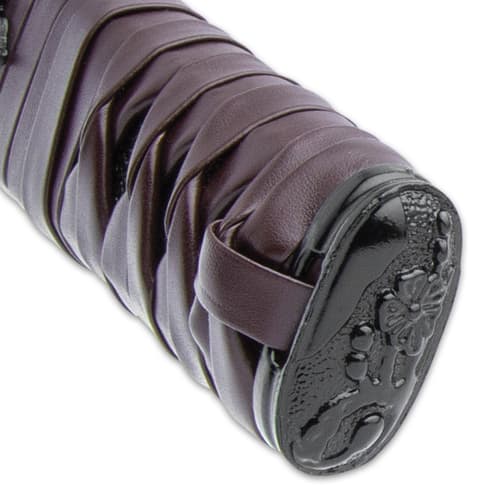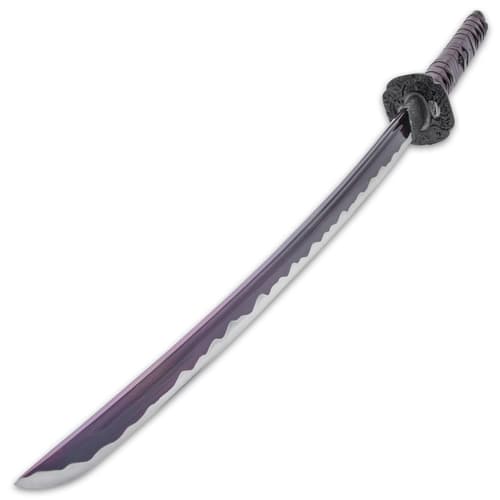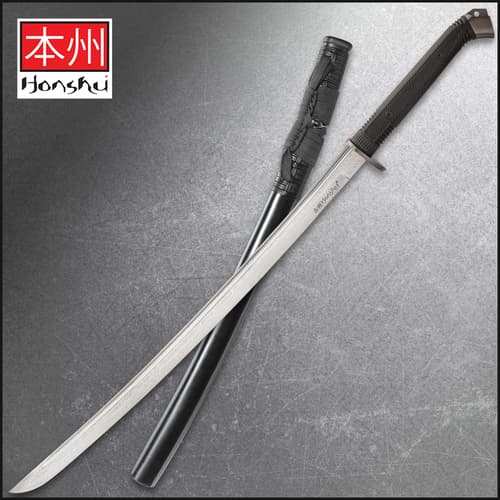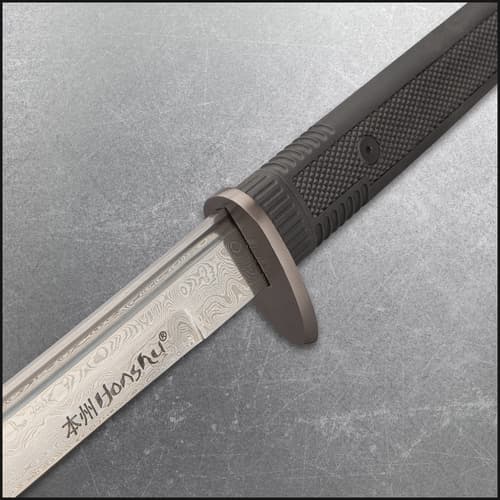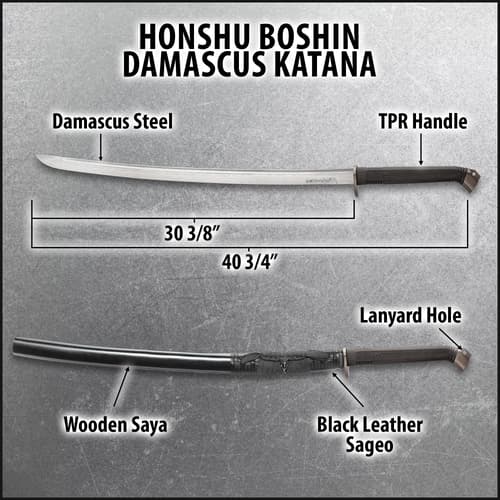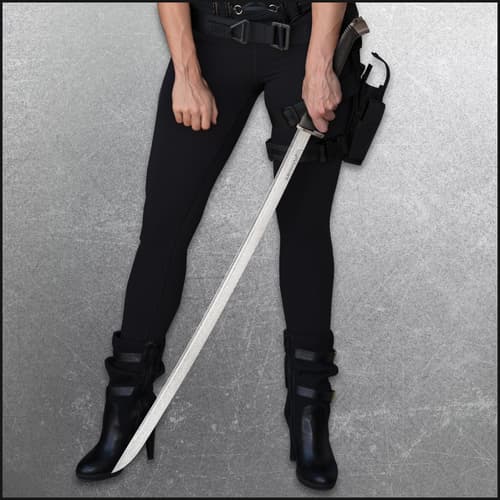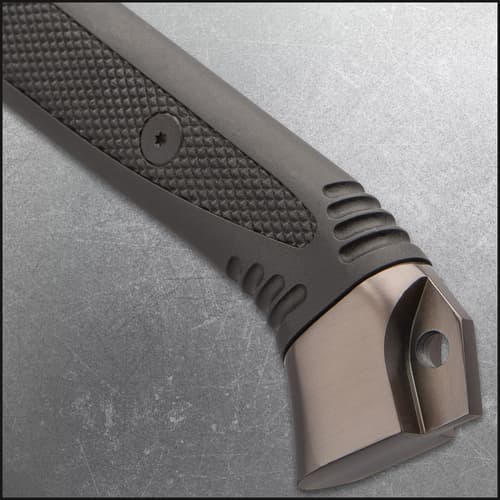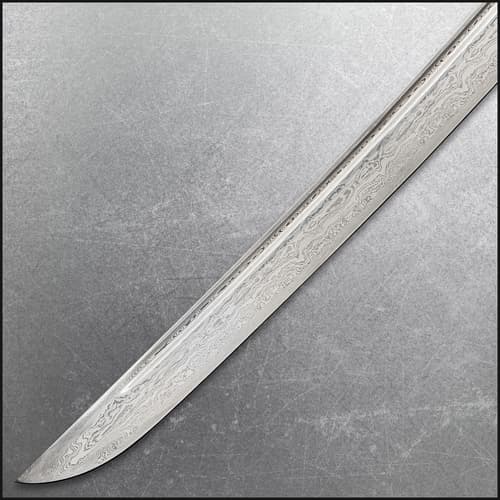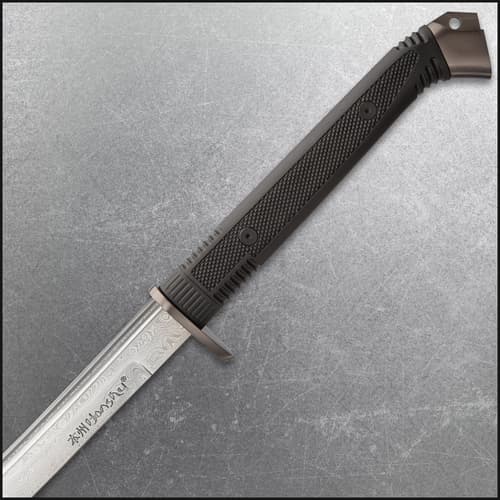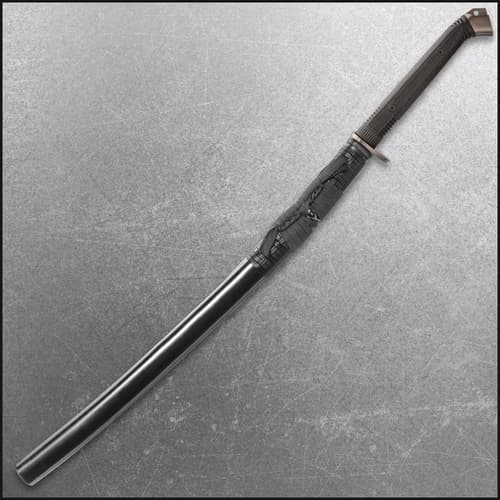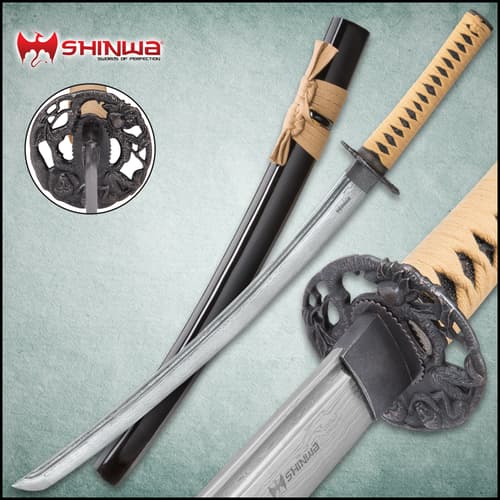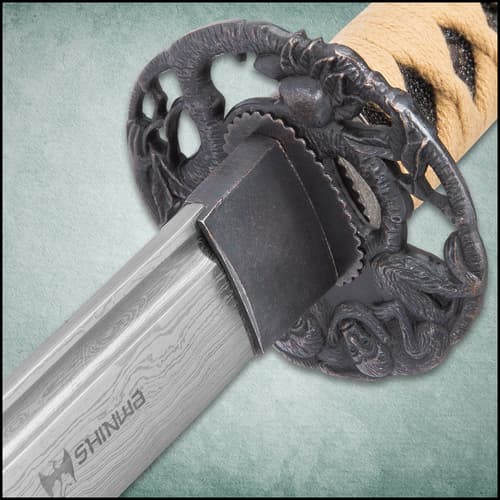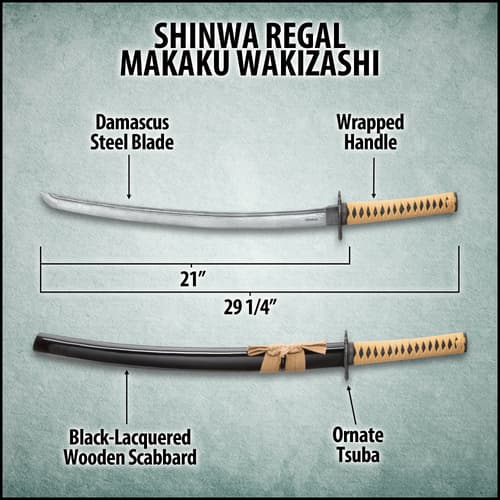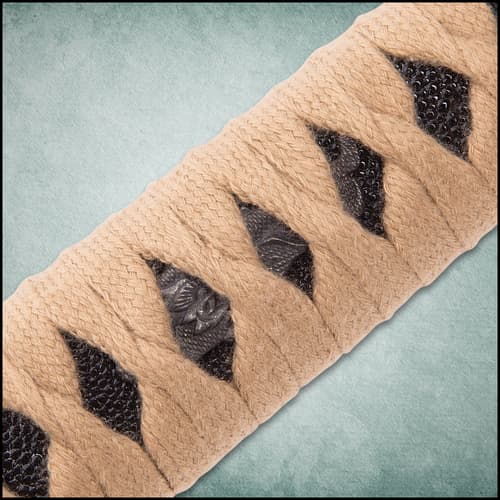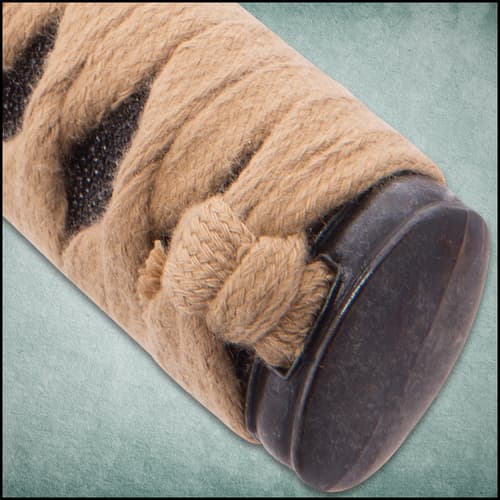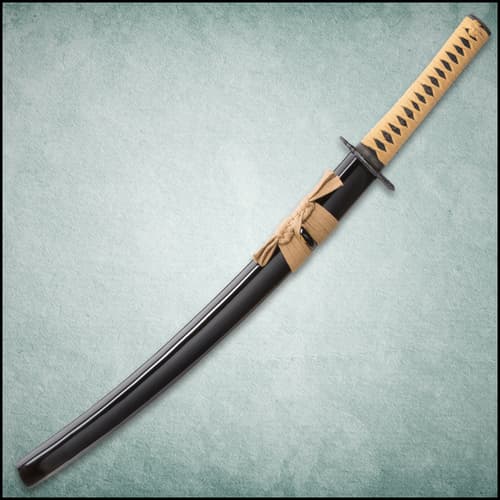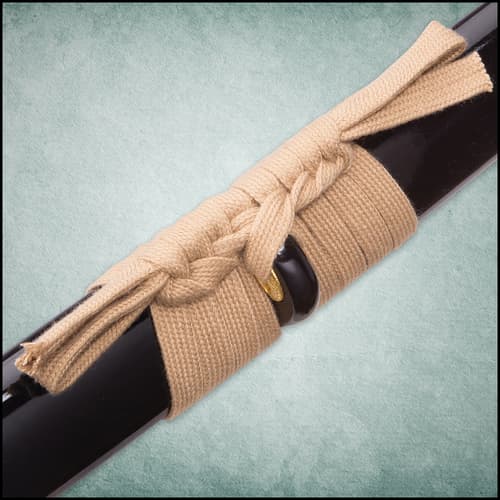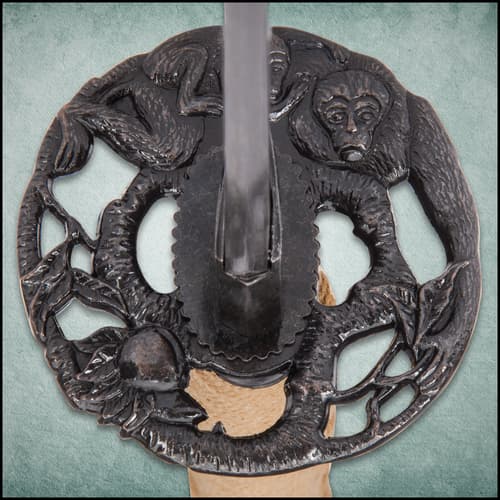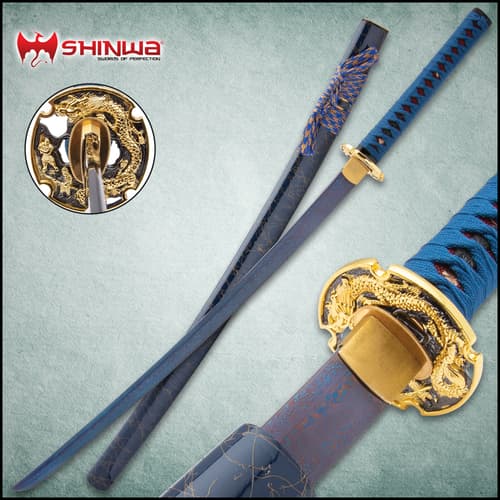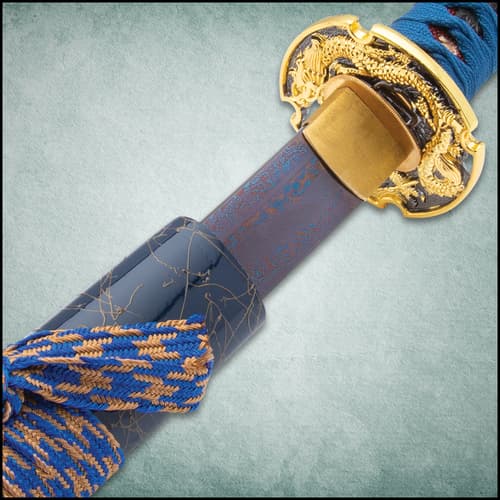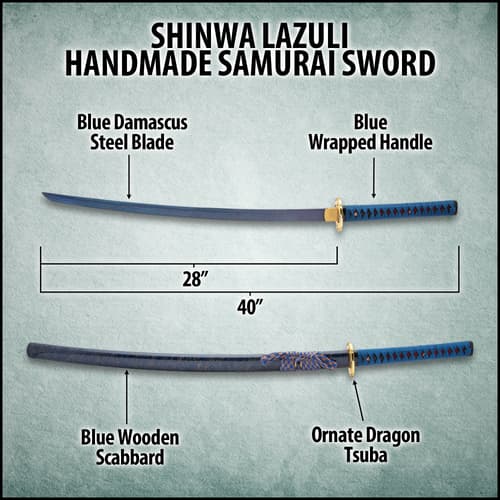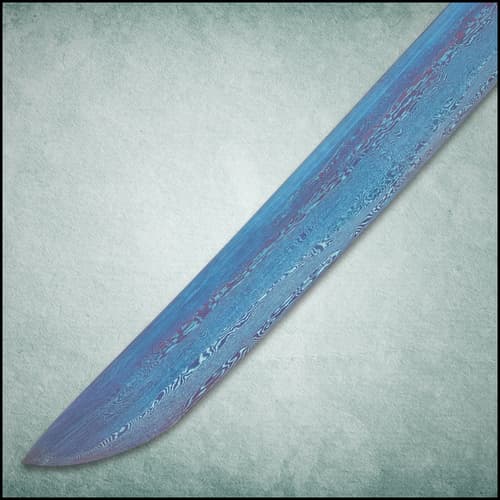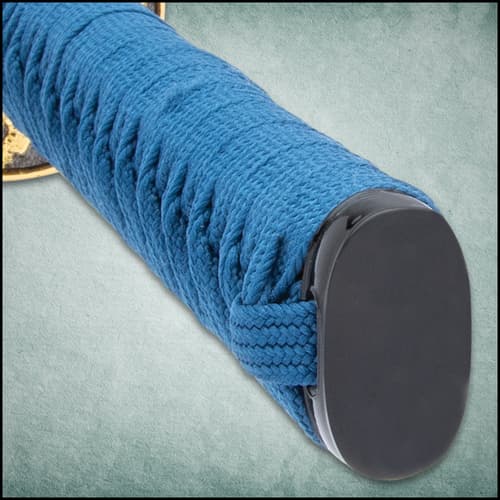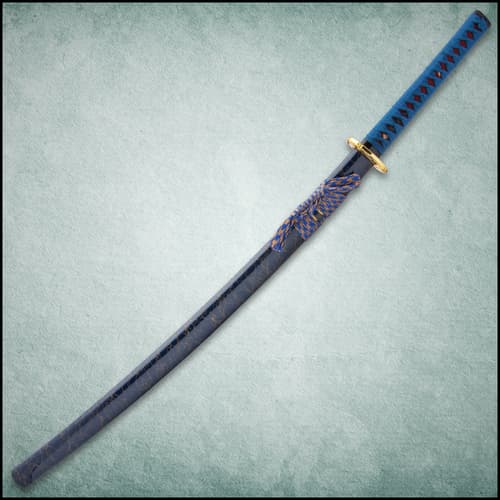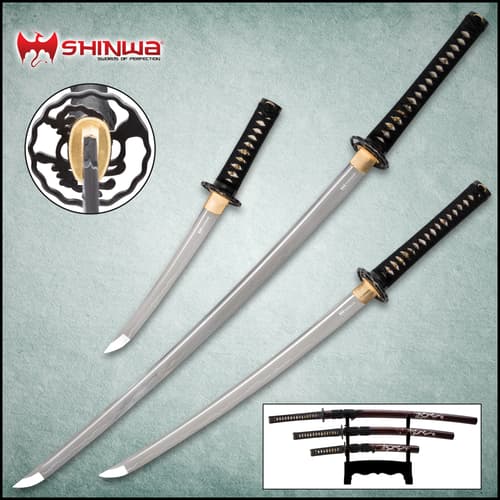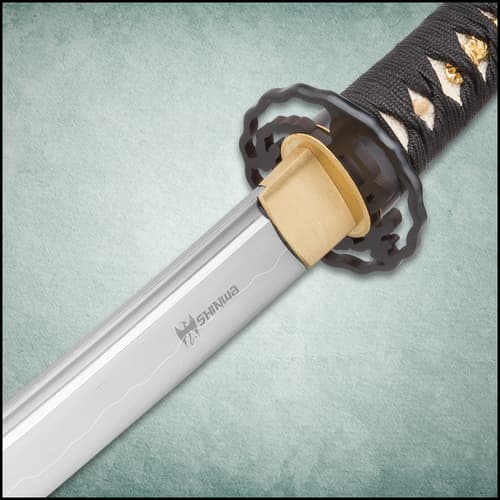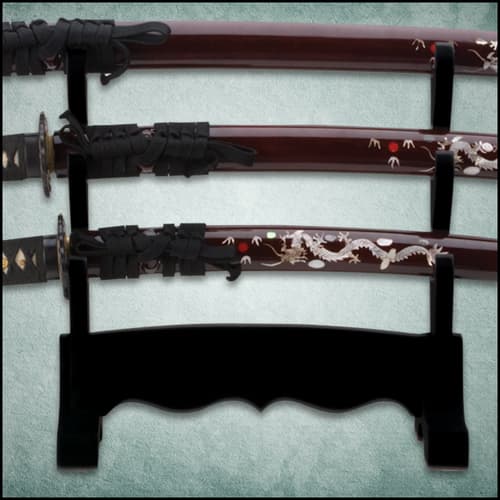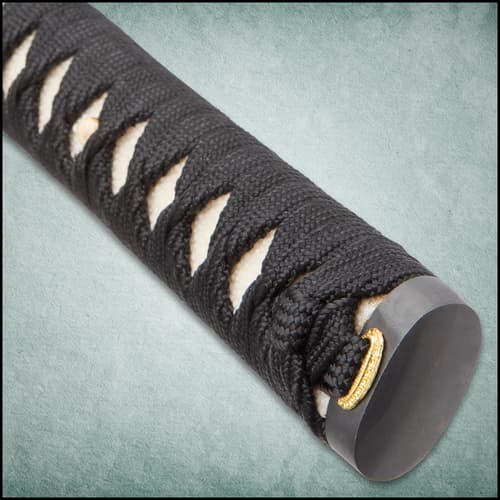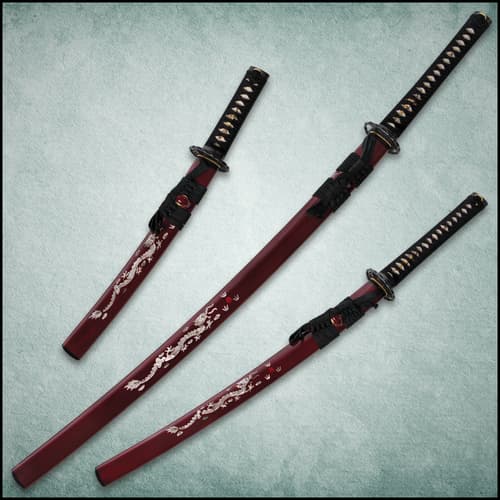Japanese Swords
149 Results
38023
Shikoto Touchstone Handmade Legacy Katana / Samurai Sword
USD
1
Shikoto
Swords
Japanese Swords
T10 Steel Swords
CL2
Category L2
369.99
$339.99
$116.99
30816
Musha Hand Forged Samurai Sword with Burgundy Scabbard
USD
7
TrueSwords
Swords
Japanese Swords
Handmade Swords
CL2
Category L2
86.99
$169.99
-
$259.99
$168.99
JAPANESE SWORD FAQS
- What is the difference between a katana, wakizashi, and tanto?
The katana is a long sword, the wakizashi is a shorter companion sword, and the tanto is a dagger. Traditionally, samurai would carry both a katana and wakizashi as part of a daisho set, with each sword serving a specific purpose. - What is an odachi sword?
An odachi sword, also known as a nodachi, is basically a large katana, similar in size to a European “two-hander” or “Zweihander” sword. Whereas a katana would typically have a blade between 24 and 30 inches, an odachi sword would exceed 35 inches, with some being 50 or greater. - What is a shirasaya?
A shirasaya, or “white scabbard” is not a sword but a method of housing or storing a sword’s blade. When at home, a sword’s blade stock would be removed from the hilt and guard and placed in the wooden shirasaya, protecting the tang and blade from the elements, but rendering them easily removable and thereby accessible for oiling or routine maintenance. Effectively, the shirasaya is a way to store or transport the blade. - What materials are used to make Japanese swords?
Japanese swords are typically made from high-carbon steel, Damascus steel, or folded steel for the blade. Handles are often wrapped in ray skin or cord, and scabbards are crafted from lacquered wood or leather. - Are Japanese swords functional or decorative?
TrueSwords.com offers both functional and decorative Japanese swords. Functional swords are suitable for martial arts or cutting practice, while others are designed mainly for display and collection. - What is the value of a katana with a damascus blade?
Damascus steel is made by layering several different grades of steel together, conferring the benefits of each alloy to the new damascus matrix. As a result, some damascus steel blades are highly durable, wear-resistant, and corrosion resistant, among other beneficial attributes. Additionally, many find the unique patterns created in the surface of damascus steel to be an aesthetically pleasing selling point. - What maintenance is required for a Japanese sword?
Regular maintenance includes cleaning the blade after use, applying a light coat of oil to prevent rust, and storing it in a dry place. This care ensures the blade's longevity and keeps it sharp.

